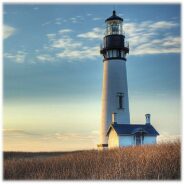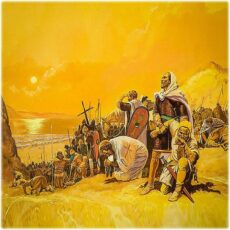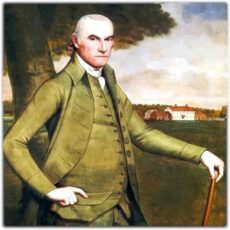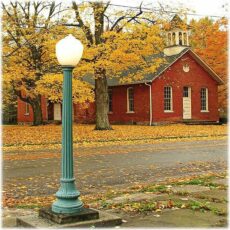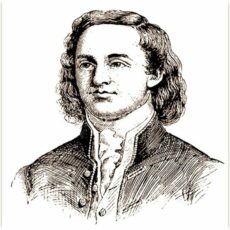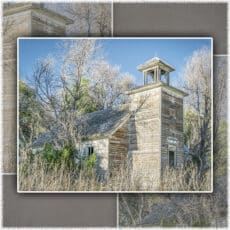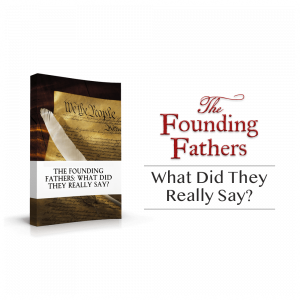Results for: "Christian Calendar (Holidays)"
The results for your search of "Christian Calendar (Holidays)" are listed below. Please click on the title or image to navigate to the desired item.
Please check the page navigation indicator at the top right or bottom right of the results to determine the number of search pages containing articles with the keyword(s): "Christian Calendar (Holidays)".
The Truth About the Crusades
August Articles, Christian Calendar (Holidays), Christian History, Islam, Other Than Christianity, September Articles
Listen August 15, 1096 First Christian Crusade begins The Christian Crusades against Muslims began nearly 470 years after the first Muslim Crusades against Christians were initiated in 630, when Muhammad himself led the way. From late in the eleventh century until the middle of the thirteenth century, waves of Christian crusaders attempted to recover lands lost to the Muslims after 630. Nearly 470 years passed from the time that Muslims began to crusade against Christian lands until Christians responded with the First Crusade, beginning on August 15, 1096! It should be noted that originally...Read more... Read more... -->
William Floyd
American History, August Articles, Christian Calendar (Holidays), Christian History, Signers of Declaration of Independence
Listen August 4, 1821 Death of Signer, William Floyd William Floyd (December 17, 1734 – August 4, 1821) was an American politician from New York, and a signer of the United States Declaration of...Read more... Read more... -->
Teacher Appreciation
Christian Calendar (Holidays), Christian Social Influence, Christian Witness, July
Listen Before school resumes, your church may wish to take the opportunity to demonstrate its appreciation to teacher for their service to the community by honoring them. Consideration may be given to home, public, charter, and other school teachers. Celebrating Our Christian Heritage! We are a user supported non-profit organization. Your small gift is tax-deductible and will go a long way to help us meet our operating budget — and it is vital, because America deserves to know its true heritage. Please contribute today! Click to donate Related Reading Remembering the Apostle James, Son...Read more... Read more... -->
William Williams
American History, August Articles, Christian Calendar (Holidays), Christian History, Signers of Declaration of Independence
Listen August 2, 1811 Death of Signer, William Williams William Williams (April 23, 1731 – August 2, 1811) was a merchant, and a delegate for Connecticut to the Continental Congress in 1776, and a signatory of the Declaration of Independence. Williams was born in Lebanon, Connecticut, the son of a minister, Tim Solomon Williams, and Mary Porter. He studied theology and graduated from Harvard in...Read more... Read more... -->
Christian Living in August
August, August Now, Christian Living Articles
ListenThis post is part 8 of the series:Christian Living SeriesWhereas the "dog days of summer" in the Northern Hemisphere begin in early July, they conclude prior to the end of the second week of August.] The expression "Dog Days of summer" refers to the most sultry period of summer. In the Northern Hemisphere this period extends from about July 3 to August 11. Named initially by residents of countries bordering the Mediterranean, the period beginning 20 days prior to and 20 days after the time of year when Sirius (the dog star) rose just before or at the same time as the sun (heliacal...Read more... Read more... -->

